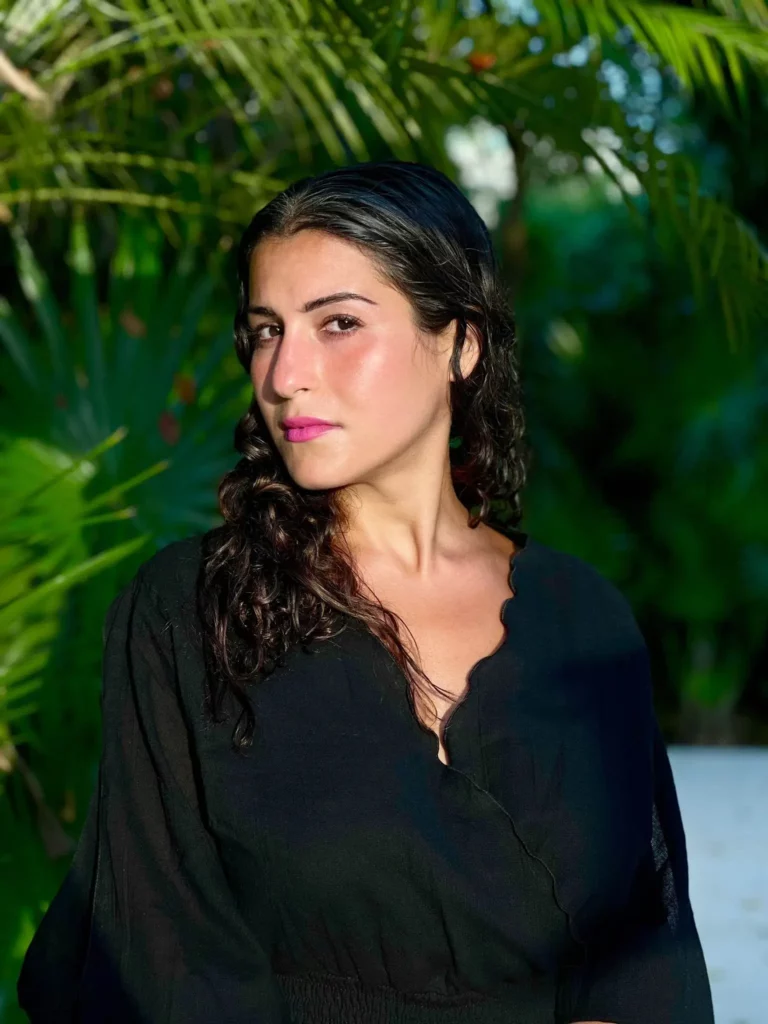By Eloisa Marchesoni Audits should be tokenized, so maybe the ones done badly (like Earth/Moon) would no longer go under the rug.
Instead…
It seems that still crypto consumers have not yet reached this level of awareness, and that “CertiK” companies still have the luxury of making a list of the most trusted cryptocurrencies.
If we already find Shiba Inu in second place, we should have a few problems with it, and if we then find crypto.com in sixteenth place, well, we’re all set I would say.
In the top 100 we find our favorite stadium-buying exchange and as many as 10 Cosmos-related projects, and we have already talked about how the whole Tendermint ecosystem is flawed and in need of being fixed and maintained.
In the high rankings, again based on Cosmos, we find Luna Classic, driven probably by the huge mass of (former) whale hodlers, who finding themselves on the penny, would even sell their mother to appreciate the token a little.
Luna “was” in fact the most famous cryptocurrency based on the Cosmos framework, and it uses the Tendermint consensus engine, devised by Jae Kwon, which is not related to “Do,” but nonetheless has been associated in the past with various controversies, such as creating a hostile work environment and unethical business practices, including misuse of funds.
Audits 2.0
In the blockchain industry, audits should be a continuous process to ensure the accuracy and safety of a company’s financial data. While updates to audits are necessary to keep up with a company’s ongoing development, it is important that the old versions of the audit are also preserved. This is similar to an on-chain Github where all versions of the code are kept to ensure transparency and accountability.
Tokenization can be used to create a digital record of each audit, which can be easily tracked and traced on the blockchain. By creating a token for each audit, the details of the audit, including the identity of the auditor, can be stored on the blockchain, providing a transparent and immutable record of the audit that can be easily accessed and verified by anyone.
The implementation of KYC (know-your-customer) checks and tokenization on audits is toan essential step toward improving the trust and transparency of the cryptocurrency industry: KYC checks can be used to verify the identity of the individuals or entities involved in a financial transaction, while tokenization can provide a traceable record of transactions that reduces the risk of fraud and scams.
The use of KYC and tokenization can increase the trust of investors and regulators in the cryptocurrency industry by providing a clear and transparent record of audits.
Overall, these measures can create a more transparent and trustworthy ecosystem, attracting more institutional investors and promoting mainstream adoption of cryptocurrency.
Coinswap
Coinswap is a (de???)centralized exchange directly built on the Binance Smart Chain (That alone should somehow make us raise our antennae). It was launched in April 2021 and quickly gained popularity among BSC users, boasting high trading volumes and a large user base.
• June 2021: CoinSwap partnered with Chainlink to provide on-chain price feeds for token swaps, allowing for better pricing and more accurate swaps.
• August 2021: CoinSwap launched its own native token Coinswap Space, to power its liquidity rewards program. This coin, after initial glories (over $3) is now waste paper and worth less than 5 cents
• October 2021: CoinSwap announced its staking program, allowing users to earn rewards for providing liquidity on the platform.
• December 2021: CoinSwap launched its decentralized exchange, allowing users to trade cryptocurrencies without having to trust a centralized entity.
• February 2022: CoinSwap launched its mobile app, allowing users to easily access the platform from their smartphones.
• April 2022: CoinSwap launched its own non-custodial wallet, allowing users to store their funds securely and access the platform from anywhere in the world.
• July 2022: CoinSwap rolled out its new “Swap-as-a-Service” API, allowing developers to easily integrate CoinSwap’s technology into their projects.
• October 2022: CoinSwap launched its new “swap-as-a-service” platform, allowing users to create their own decentralized exchanges powered by CoinSwap’s technology.
CertiK, a leading blockchain security firm, audited the Coinswap platform on May 3, 2021
However, despite the audit, of 34 critical issues, only less than half were resolved, but the real thing missing from these audits is recollection and KYC: it is not conceivable that the project’s development team had a number of anonymous members,
Overall, the Coinswap audit is a missed opportunity to implement stringent auditing practices, especially if we go to examine its predecessor (spiritual and otherwise).
Troncase
Troncase was a cryptocurrency investment scheme that promised to deliver high returns to investors. It was launched in 2020 by a team of developers who had previously been involved in several other fraudulent cryptocurrency schemes.
Troncase was marketed as a decentralized investment platform that used smart contracts to manage investment funds and pay out dividends to investors. It was supposed to be based on the TRON blockchain, a popular platform for building decentralized applications.
Troncase attracted a large number of investors, who were drawn in by the promise of high returns and the seemingly credible team behind the project. However, the project soon began to show signs of trouble. Investors reported problems with withdrawing their funds, and some claimed that they had not received any dividends for months. The project’s leadership team remained silent, and many investors began to suspect that Troncase was a fraudulent scheme.
• August 2020: Troncase is launched as a smart contract-based investment program on the Tron network, promising investors high returns on their investments in a short period of time.
• November 2020: Troncase is reported to have siphoned off around 10 million TRX from users who were unable to withdraw their funds from the platform.
• December 2020: Troncase users report that the platform’s website and Telegram channel have gone offline, and that the project’s Telegram group has been deleted.
• December 2020: Reports emerge that some Troncase founders are linked to the OneCoin Ponzi scheme, which defrauded investors out of billions of dollars.
• February 2021: Tron founder Justin Sun announces that he has ordered an investigation into Troncase and Coinswap, and that the Tron Foundation will cooperate with law enforcement to hold those responsible accountable.
• March 2021: Justin Sun (again) announces that the Tron Foundation has successfully retrieved around 4.5 million TRX (half of those embezzled in the previous year) from Troncase scammers, and that the funds will be returned to users.
The transition from Troncase to Coinswap was orchestrated in order to gradually siphon funds and users from one platform to another, by promising higher returns and enticing rewards. Many users who were initially skeptical of the Coinswap platform were won over by the apparent success and high returns promised by the platform. As more funds flowed into Coinswap, the platform was able to offer even higher returns, further accelerating the transfer of funds from Troncase.
In July 2021, Troncase announced that it was shutting down its operation. The leadership team claimed that the project had been hit by a hacking attack that had drained the investment funds. However, many investors remained skeptical of this explanation, and some accused the team of simply running off with the funds. The total amount of funds lost is about 20 million dollars.
Crypto-whitewashing and Rektification
Moreover, it is important for bad actors in the cryptocurrency industry to be held accountable for their actions. While it is easy for fraudulent schemes to flourish in this unregulated space, it is equally important to ensure that swift action is taken to bring such actors to justice.
Monkey Drainer, for example, was disguised as a legitimate platform for trading non-fungible tokens (NFTs), but it was actually a scam designed to steal user funds. Certik’s team was able to identify this project as a scam and expose it on its website.
Things were different for Cryptocars, a project that aimed to create a decentralized platform for buying, selling, and trading digital cars that in 2021 was erroneously exposed by CertiK as a rug pull only because there had been transient problems with the platform.
The news was “rektified” expeditiously, but by then the damage was done and it is safe to say that the Cryptocars project failed that day.
Let’s get clean
While CertiK has been successful in identifying scams and phishing schemes, the failure to properly vet Coinswap suggests that there may be deeper issues with its approach to evaluating projects.
Fraudulent projects can attract a large number of investors by promising high returns, and then disappear completely (or relocate in Dubai). In order to build a more trustworthy and transparent cryptocurrency industry, it is important to hold bad actors accountable for their actions and rectify mistakes quickly.
As the blockchain continues to evolve and attract more mainstream attention, it is crucial that companies like CertiK operate with the highest levels of transparency, accuracy, and accountability to avoid further missteps and maintain the trust of the wider community.
Implementing KYC checks and tokenization in the auditing process can help ensure that the individuals behind the project are properly identified, and that the audit records are immutable and traceable.
But why do we keep giving credibility to these ecosystems?
Can we really consider it enough to expose a few scams now and then, at the cost of taking for granted huge loads of tokens that to call shady is pure benevolence?
At the very least, the “SH” is definitely there.
About the author

Eloisa is a Tokenomics Engineer focusing on token model architecture, token macro-/micro-economics structure, crypto market simulations and gamification strategies for Web3 businesses. She is currently a partner to VCs and accelerators, while also working as an advisor to self-funded crypto startups, which she has been doing since 2018.

